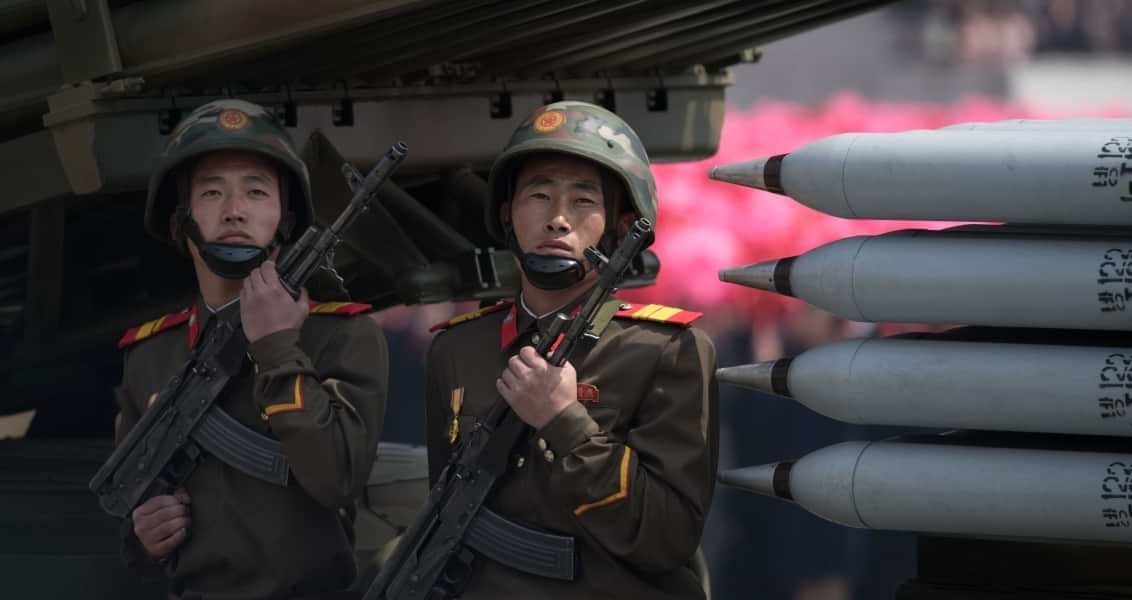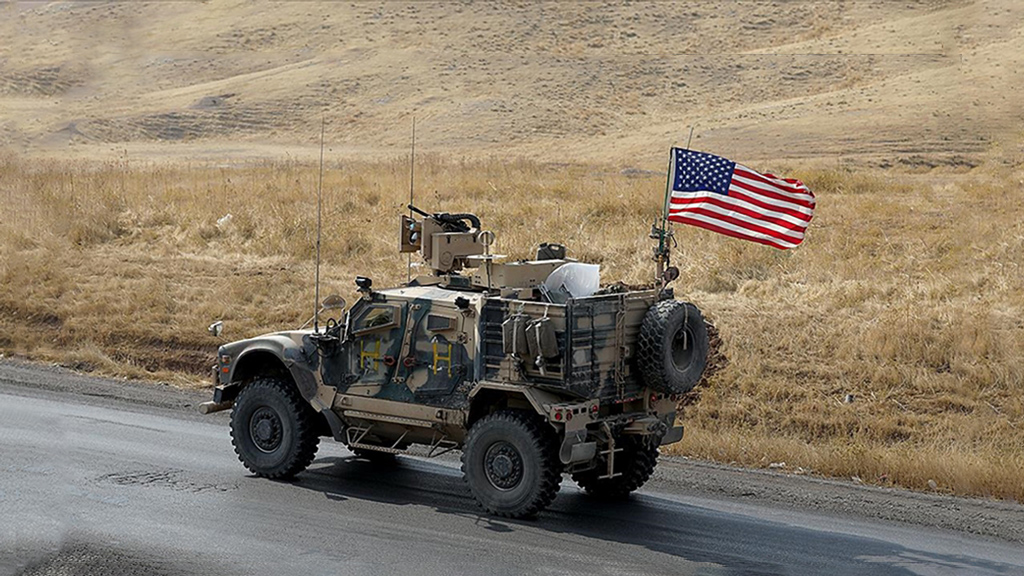
How to Solve the North Korea Crisis
It is time for global actors to take some initiatives against the security crisis led by the unpredictable regime in North Korea
Share
One of the most significant developments in the field of international security in the last few months has been the increasing escalation of the North Korea crisis. Although the nuclear program there has been debated for decades now, the tension over the last few months is greater than ever, experts believe. The increasing unpredictability of the regime in Pyongyang, with its constant manipulation of its neighbor South Korea and its threats against the U.S. and Japan, has raised the level of stress. The very frequent missile tests further generates tension in the region.
Of course there is a long history of this tension and history demonstrates the difficulty of resolving the crisis. In the last few months the death of U.S. college student Otto Warmbier, who was arrested and imprisoned in North Korea, only a few days after Pyongyang returned him in a coma increased the expectations that the U.S. would devise a clear policy for the country. U.S. President Donald Trump tweeted about North Korea and his tweet demonstrated the complexity of the situation. In one of his tweets, he wrote that "While I greatly appreciate the efforts of President Xi & China to help with North Korea, it has not worked out. At least I know China tried!" but shortly after there was another tweet stating that "Trade between China and North Korea grew almost 40% in the first quarter. So much for China working with us - but we had to give it a try!" These tweets created confusion among observers about the role the Trump administration thinks that China can play in regards to the resolution of the crisis. Of course, the escalation continued in the last month in statements as well as reports in regards to North Korean missile capabilities. The possibility of the regime having Intercontinental Ballistic Missiles that can reach the U.S. in particular made the issue a major topic for U.S. national security. In the meantime, the U.S. congress has been preparing to adopt new sanctions against North Korea, alongside Iran and Russia. On Friday, Japan agreed to sanction some groups and individuals that have financial relations with North Korea.
As recently as this week, the North Korean regime has made threats to annihilate the U.S. with its nuclear weapons. In a statement a spokesperson for the North Korean foreign ministry said, ""Should the U.S. dare to show even the slightest sign of attempt to remove our supreme leadership, we will strike a merciless blow at the heart of the U.S. with our powerful nuclear hammer, honed and hardened over time." This time the threats from North Korea came after debates about regime change in North Korea. In the midst of this frenzy of statements, tweets, threats and missile tests, there has been a startlingly lack of any proposals for the resolution of the crisis. To keep the status quo and try to contain North Korea while the country is increasing its missile capability seems unsustainable for the U.S. considering the increasing unpredictability of Pyongyang. A military solution to the crisis seems extremely risky given the limited information, the presence of nuclear weapons and proximity of the area to certain regions and countries, namely as South Korea and Japan. In multiple different instances the option of a military solution has been discussed in the U.S. but all of these options generate more questions than answers. Under these circumstances it seems that North Korean tension will be on the international security agenda in the coming period. It will necessitate initiatives from other actors in the region and creativity by top diplomats to find a solution for the crisis.
[Daily Sabah, July 29, 2017]
Tags »
Related Articles
Opinion
Imperialism Orientalism and Zionism: The shaping forces of US Middle East policy
November 2024






